Content
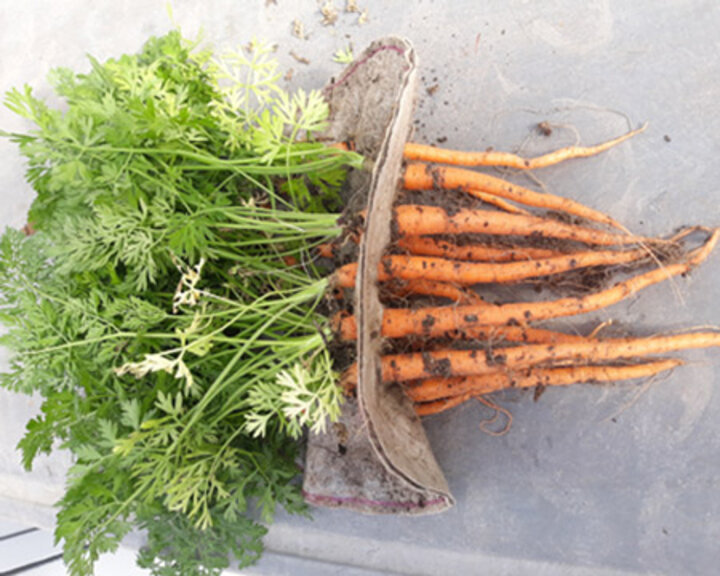
Biomulch Innovations
Our research goal is to leverage the unique properties of a novel biobased fabric mulch to develop and study a system where crop seeds or clonal plants grow on and through the mulch.
Carrots that were planted on and grew through a biobased fabric mulch.
Biomulch Degradation
Our research goal is to identify post-incorporation management strategies that accelerate biomulch degradation in soil, and to determine the microbial drivers of biomulch degradation and the eventual fate of biomulch residues in the soil environment.
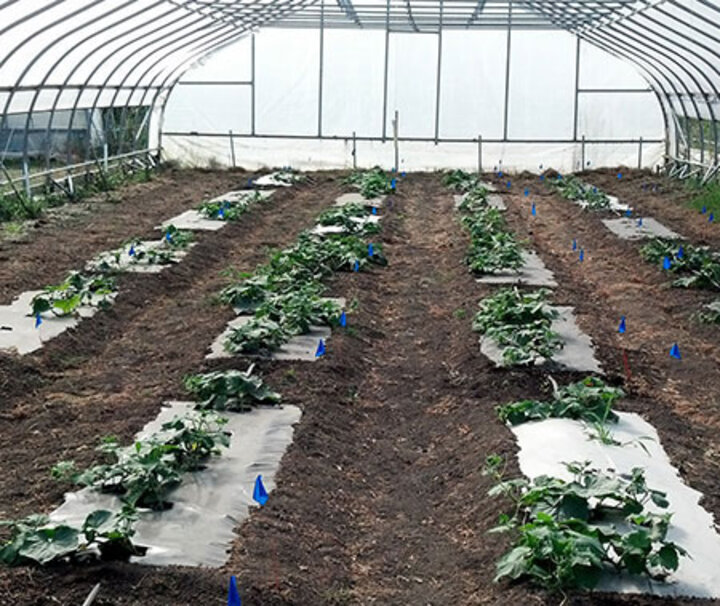
Bio-based mulches in cucumber.
Cover Crops
We are conducting research to quantify the ecosystem services provided by individual cover crop species in monoculture and mixture, and develop new cover crop seed and seeding technologies to reduce labor during peak seasons and improve cover crop establishment.
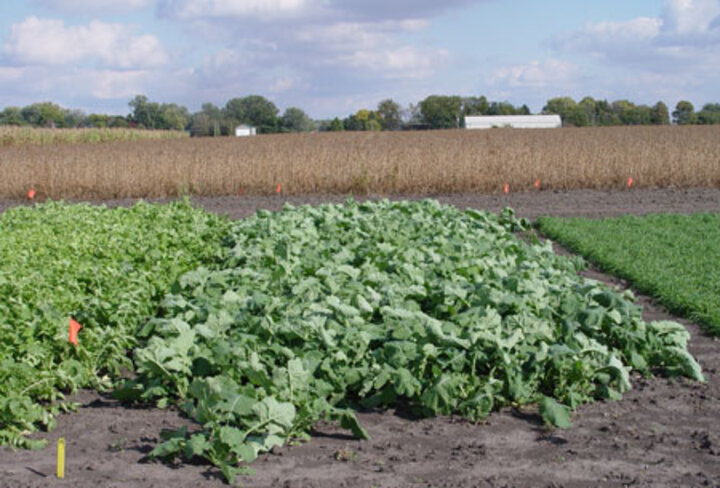
Fall-seeded cover crops.
Organic Soil Amendments
Our research aim is to identify the multifunctional benefits of different organic amendments, and to explore application methods, rates, and intervals that will help us maximize these benefits in organic vegetable cropping systems.
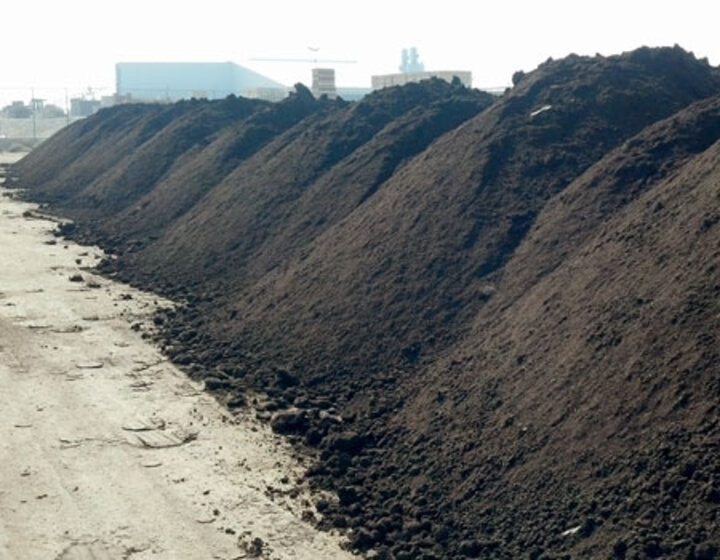
Composted animal manure
Abrasive Weed Management
Air-propelled abrasive weed control, also called “weed blasting”, is the application of existing sand-blasting technology to physically abrade weed seedlings growing within crop rows. We are measuring vegetable crop growth and yield, disease incidence, weed suppression, and soil nitrogen mineralization in response to different abrasive grits and application rates.
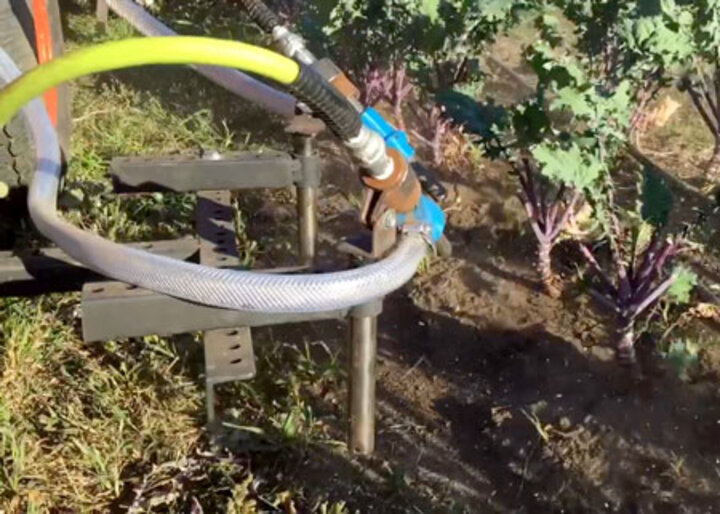
Abrasive weed management in kale.
Urban Agriculture
To address the critical challenges of urban agriculture, we are interested in: 1) developing low-cost soil remediation options that provide agronomic and environmental benefits; 2) identifying crops and cultivars best-suited to the elevated temperatures and atmospheric pollutant loads in cities; and 3) exploring opportunities for water reuse and conservation on urban farms.
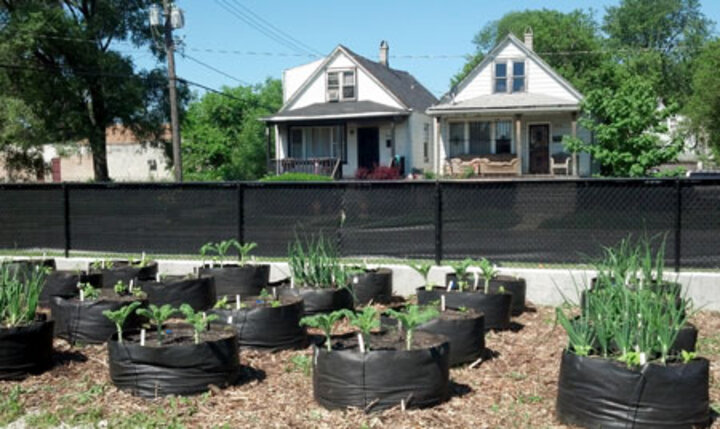
Urban farming experiment in Chicago.
Tomato Grafting
This research aims to increase tomato yield and quality while reducing irrigation and synthetic nitrogen fertilizer use in Nebraska through the adoption of resource-efficient tomato rootstocks and carbon-based soil amendments.
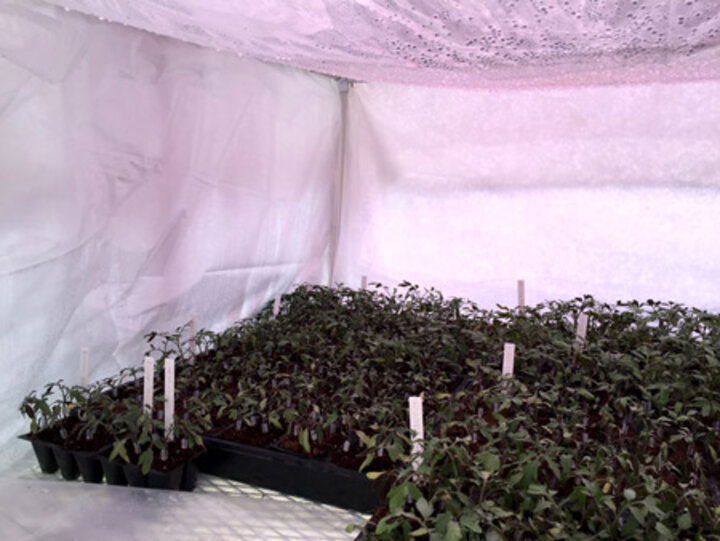
Tomato grafting
Herbicide Drift
Herbicide drift has always been a primary challenge of growing specialty crops in Nebraska, but the issue has grown increasingly urgent due to the recent commercialization of dicamba-resistant soybean (Roundup Ready 2 Xtend).

Cucurbits are susceptible to off-target injury from dicamba and 2,4-D herbicides.
